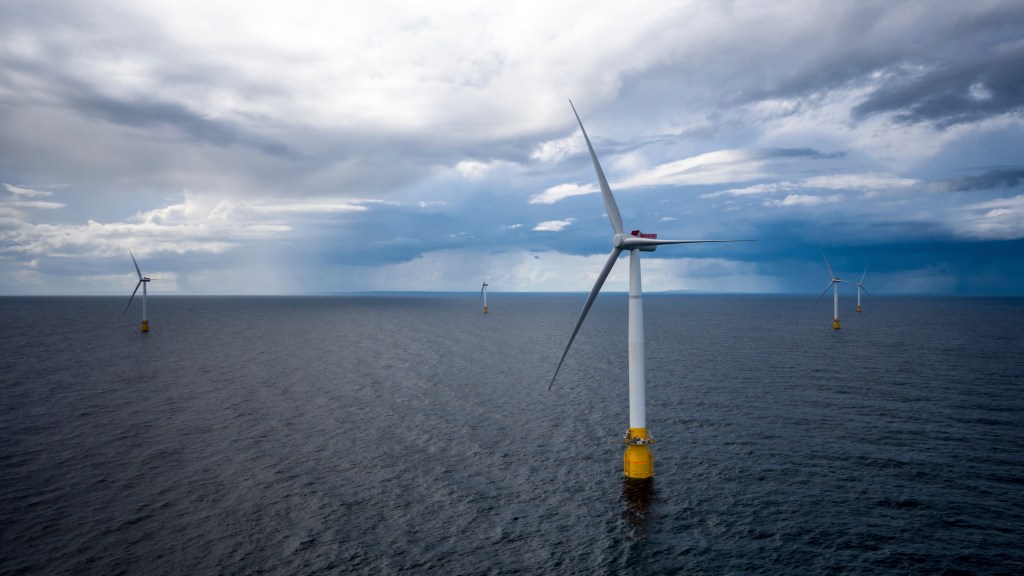Is Now the Right Time to Invest in Impax Asset Management?
Market trends often reverse over time. Stocks that are currently out of favor can become oversold, presenting opportunities for savvy investors to identify when a company’s unpopularity has peaked. Impax Asset Management is one such firm that fits this description. Once a favored option on the junior market, Aim, with a market capitalization of £1.5 billion in 2021, its current valuation has plummeted to £190 million.
Several factors contribute to this decline. Impax operates as a fund manager in challenging market conditions, is classified as a UK stock, listed on Aim, holds a small-cap designation, and specializes in investments labeled as “sustainable,” which are currently out of vogue.
Recently, the company faced a significant setback with a disappointing profit warning due to the loss of a major client. Wealth management firm St James’s Place has withdrawn a £5.2 billion mandate from Impax, leading the firm to announce that this year’s profits will fall below analysts’ forecasts. This loss is compounded by additional withdrawals totaling over £2 billion from other clients, including pension funds and wealth managers.
Despite these challenges, there are reasons for optimism. Impax retains a strong reputation and expertise in key areas such as renewable energy, waste management, water, agriculture, and electrification.
The ongoing global push for sustainability, irrespective of the political climate in the United States, underscores the relevance of Impax’s focus. The backlash against Environmental, Social, and Governance (ESG) criteria is primarily observed in the U.S., whereas most of Impax’s clients are based in Europe.
Furthermore, the company’s remaining clientele appears to exhibit greater stability than that of St James’s Place, which did not disclose its reasons for the termination of their relationship. Notably, BNP Paribas, Impax’s primary fund distributor holding a 13 percent stake in the firm, reaffirmed its commitment by awarding Impax a new mandate just last week. Approximately 35 percent of Impax’s assets are derived from BNP.
Additionally, the Impax Environmental Markets investment trust, valued at £750 million, continues its support. Chairman Glen Suarez expressed confidence in the Impax team, choosing to maintain its association following a strategic review due to their distinct approach and in-depth research capabilities.
Investment strategies with a green focus have started to regain some momentum after a challenging period from 2022 to 2024. A reallocation away from major U.S. firms has aided this recovery, and at Impax’s annual meeting in March, it was reported that 69 percent of its funds were outperforming their benchmarks.
The company is actively adjusting to a reduced client base, having already trimmed its workforce by ten percent. Further cuts may be considered if necessary, and bonus structures, which comprise 30 percent of the salary expenses, could also be re-evaluated.
Impax has a strong financial position with no debts and a cash reserve of £91 million as of September. Additionally, it is diversifying its investments beyond equities by acquiring Absalon, a corporate credit firm, and Sky Harbor, a specialist in high-yield bonds. Staff members are incentivized, owning 21 percent of the company’s equity, including founder and CEO Ian Simm, who holds 7.5 percent and has been purchasing additional shares.
Regarding valuation, analysts at Investec are predicting a revenue decline from £170 million to approximately £138 million for the current fiscal year, with pre-tax profits potentially decreasing from £55.7 million to £33.8 million. They anticipate normalized earnings per share of 19.6p.
With shares priced just over 140p, the trading multiple stands at a mere 7.3 times earnings, a low figure even for a fund manager facing challenges. The historical yield is notably high at 19 percent. However, significant changes in capital allocation have been foreshadowed for the upcoming interim results next month, and a dividend reduction is likely. Even if the dividend were halved, it would still yield close to 10 percent.
Client departures may persist in the near term, indicating potential volatility ahead. Nevertheless, current share prices appear attractive for investment.
ADVICE: Buy. WHY: Affordable valuation for a firm with significant expertise and resilient clients.




Post Comment